
By Musah ABDALLAH
With Africa striving for sustainable economic growth, many local industries find themselves in transitional phases that not only encourage market expansion and transformation but also sustain operational industries during these changes.
Across West Africa, gas is recognized as a crucial component in meeting the energy needs of the region, and this has become particularly important in countries with large gas reserves like Ghana and Nigeria.
“We see gas as a long-term enabler of industrial growth,” explains Musah Abdallah, the Executive Head of Stanbic Bank Ghana’s Corporate and Investment Banking (CIB).
Ghana and many other West African countries produce gas as a by-product of crude oil extraction, which causes significant environmental harm when left unused or flared. To avoid this, and because gas produces less carbon than other fossil fuels, it can help generate cleaner, cheaper, more efficient power to drive industries and support economic growth.
A Transitional Leap
Drawing comparisons from China, Abdallah explains how it used coal and nuclear energy to fuel rapid industrial growth before pivoting to renewable energy once it had become economically resilient.
Yet, instead of coal and nuclear energy, Abdallah encourages Ghana to adopt the same mindset to grow the economy with local resources and gradually invest in shifting to renewable energy.
Despite the economic value of the energy transition, it’s important to ensure that the move to gas is not a rushed process, but rather a gradual shift that prioritizes providing energy at a reasonable cost, accelerates energy access, and also protects jobs and livelihoods.
Currently, Ghana has an installed power capacity of approximately 5 400 megawatts, with 38% derived from hydro, 61% from thermal, and the remainder from renewables.
Now, with the majority of the country’s thermal power plants being dual-fuel and capable of running on either diesel, heavy fuel oil (HFO) or gas, Stanbic Bank has become instrumental in driving and supporting the dualization infrastructure of these thermal power producers.
Additionally, it’s supported companies such as Genser Energy, a reliable and sustainable energy partner, to build gas infrastructure and pipelines that deliver gas directly to power producers. This results in the production of cleaner and usable energy that can support the country’s economy.
“Because of the dualization of most power plants, we can either use diesel or gas, and we are increasingly seeing the use of gas as a way of generating power to support our economies,” says Abdallah. Around 70% of Ghana’s power plants currently run on gas.
A Demand for Change
The key to the energy transition is infrastructure, and as the African continent continues to industrialize, there are clear and significant infrastructure gaps, especially when it comes to energy solutions.
As much of the existing infrastructure was built for diesel and HFO, these facilities can be converted into dual-fuel systems, allowing for an easy and cost-effective way to produce gas-related energy.
As a result, Stanbic Bank has supported a range of gas infrastructure investments, including the construction of the country’s second gas processing plant in Prestea and a 100 km gas pipeline to Kumasi, which directly powers industrial zones in the middle belt of Ghana.
Coupled with the heavy power deficit in West Africa, the region’s gas resources can either be used to generate power locally or exported to neighbouring countries. Alternatively, they can export gas directly to power stations across the subregion using existing infrastructure such as the West African Gas Pipeline.
As a result of these viable exports, cross-border cooperation is on the rise, with Ghana exporting gas-powered electricity to Côte d’Ivoire and other neighbouring countries under guaranteed trade agreements. There are further plans for additional gas pipeline infrastructure to connect other countries in the region to earn revenue.
Now, not only does the reliable gas supply increase healthy competition amongst local businesses, but it also ensures that Ghana and the rest of West Africa can present themselves as legitimate players in the global ecosystem.
Yet, despite the earning potential, there are challenges associated with these export plans, including transmission losses and political upheavals.
“We do face a few complexities,” Abdallah acknowledged, “but we have a strong team capable of creating forward-looking solutions which are then implemented in the relevant economies in the countries.”
A Greener Future
Regarding the status quo in Ghana’s energy production sector, Abdallah’s stance is clear: “We are not comfortable with where we are, but a journey of a thousand miles begins with the first step, and gas unavoidably is our first step.”
Having said that, Abdallah continues to emphasise that gas is not the final solution, but rather a bridge to long-term decarbonization.
“Ghana is without a doubt prioritizing renewable energy infrastructure and strengthening the policy framework that supports decarbonization,” he explains, adding that the Ministry of Energy’s transformation into the Ministry of Energy and Green Transition is clear evidence of the nation’s intent.
Additionally, Ghana’s new government has revealed two plans as part of its economic transformation agenda, one dubbed ‘The Big Push’, and the other being a 24-hour economy. For either to come to fruition, reliable, stable, and affordable power is non-negotiable.
“Gas-powered infrastructure will play a foundational role in this,” says Abdallah, adding that Stanbic Bank’s supportive role as a financial player, as well as multilateral funding, are necessary to achieve the economic aspirations of the country.
Guided by its ESG (Environmental, Social, and Governance) principles, the bank is committed to achieving net-zero across its lending portfolio by 2050. As a result, it’s continuously working to innovate how it finances infrastructure projects.
“We use a variety of mechanisms to support this transition, including data-driven tools and transition-finance frameworks. We’re also exploring green bonds and other green financing options,” explains Abdallah, adding how these approaches help Stanbic Bank de-risk its gas investments while enabling it to expand into renewable energy.
As interest in the region continues to grow, so does interest from global investors, including leading South African banks, American financial institutions, and Chinese banks. Standard Bank’s ties with the ICBC (Industrial and Commercial Bank of China) could unlock capital that could be used to support funding opportunities in Ghana.
The reality is that for countries like Ghana and many of its West African neighbours, investing in gas is not delaying or halting their economic prospects.
Rather, it’s simply building the necessary foundation that will trigger the transformations needed for prosperity and success, and with Stanbic Bank’s support, Ghana can shape the continent’s transition into an economic powerhouse.
Musah is the Head, Corporate and Investment Banking, Stanbic Bank Ghana Ltd.
The post Fuelling industrial growth and development in West Africa appeared first on The Business & Financial Times.
Read Full Story
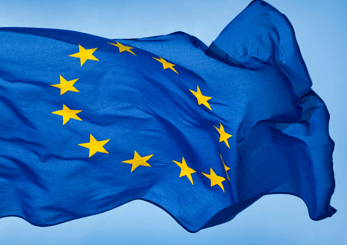
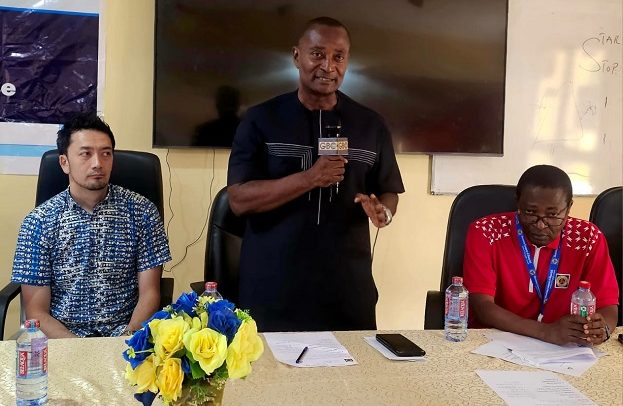


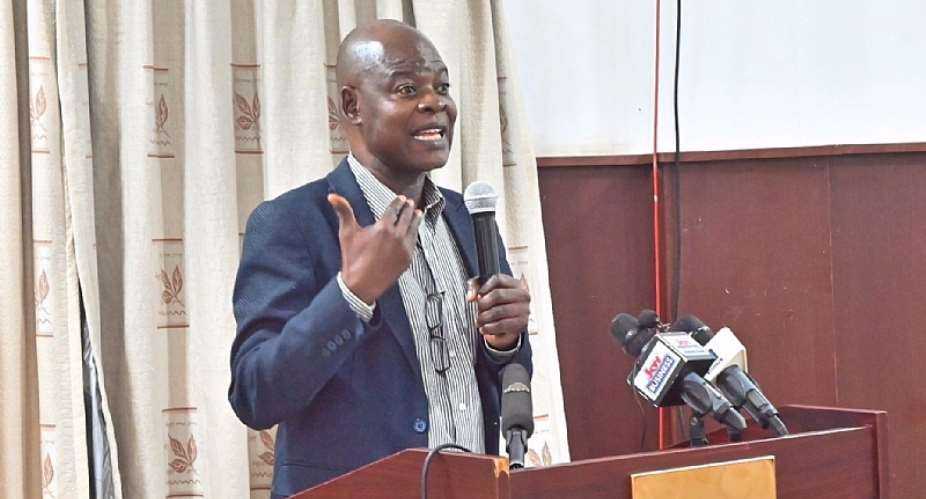


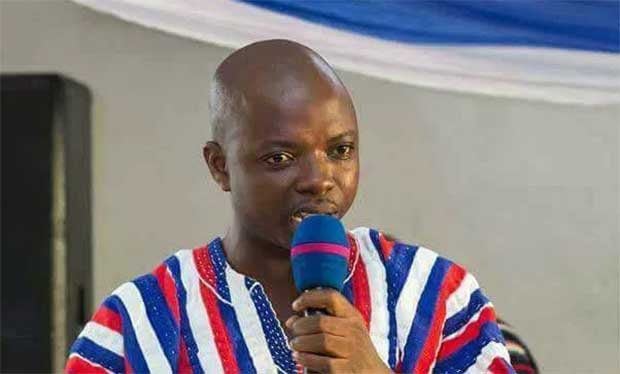


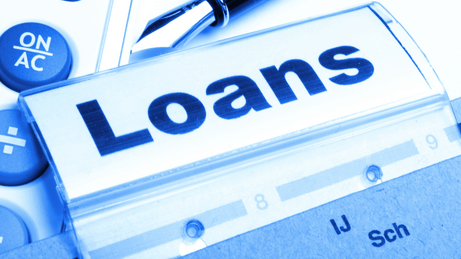

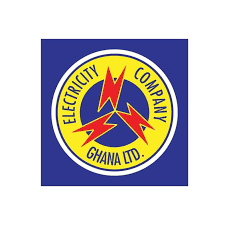



Facebook
Twitter
Pinterest
Instagram
Google+
YouTube
LinkedIn
RSS